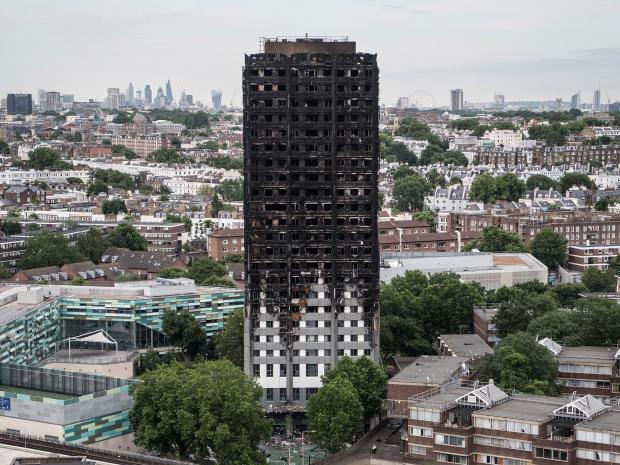INQUEST Statement on Grenfell Tower Fire
We welcome the establishment of the criminal investigation to run in tandem with the independent judicial public inquiry into the Grenfell Tower fire. There are bereaved people and survivors and residents of tower blocks around the country with serious questions about how and why this disaster happened and who is responsible. Our thoughts and sympathies are with all those affected by this shocking tragedy. We are able to offer specialist advice and support to any bereaved people affected.
We are in no doubt that the interests of the bereaved families, survivors and the public at large are likely to be better served by a wide ranging judicial public inquiry rather than an inquest in a large scale disaster such as Grenfell House for the following reasons:
The scope of an inquest is necessarily constrained by its statutory purpose, i.e. to address who died, where they died, when they died and how they died, including the circumstances in which they died.
By contrast, the scope of a public inquiry can go much wider, with a broader discretion, greater powers and greater resources to address all relevant issues that arise, including the prevention of future deaths in similar circumstances.
Unlike an inquest, the terms of reference of a public inquiry can be designed to reflect the real imperatives arising out of the tragedy, including the most immediate one, to identify the steps that need to be taken urgently in relation to fire safety standards for other buildings of this nature. It can take place in phases over time: it can be required to provide a preliminary report on immediate matters of concern in a relatively short space of time, followed by phased sessions that are designed to meet the needs of families and survivors as well as the public.
At a public inquiry, families and survivors as well as other representatives of civil society (for example the Grenfell Action Group) should be entitled to recognition as core participants, with the benefit of public funding for legal representation and resources that are generally more generous than those available for families at an inquest. Only the families of the deceased may be entitled to recognition as properly interested persons at an inquest, and even then they are not guaranteed full legal representation or funding
Bereaved families have very similar rights of participation in an inquiry as they do at an inquest, and it is simply not correct to say that such families would not be able to ask questions of witnesses at a public inquiry. Indeed, not only bereaved families but also survivors and other recognised core participants may be permitted to question witnesses at a public inquiry, which cannot happen at an inquest.
The Coroner at an inquest into deaths in these circumstances has the discretion to summon a jury to hear and reach determinations upon all the evidence – there is no similar provision for a jury at a public inquiry, but instead the presiding judge may sit with a panel of advisors to produce an authoritative report to address all relevant issues, including recommendations arising from previous fire related deaths.
Finally, there can be both a public inquiry and an inquest, if for any reason the public inquiry does not deal with all issues of relevance to the purposes of an inquest: this has happened in some cases in the past (e.g Hillsborough, Zeebrugge, Ladbroke Grove rail crash).

Source: www.inquest.org.uk